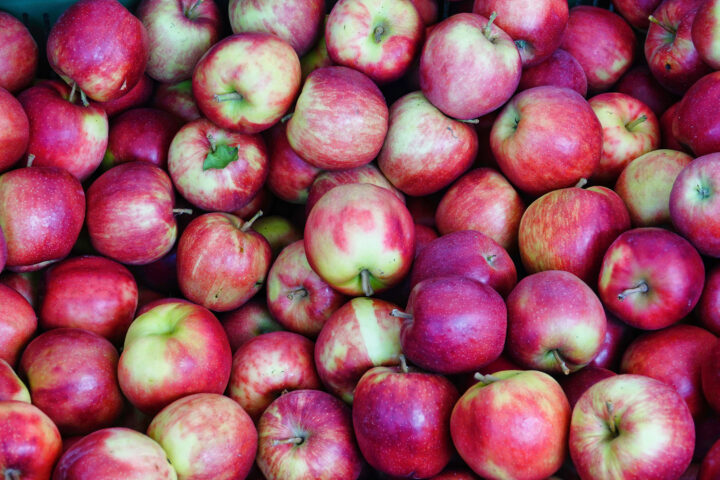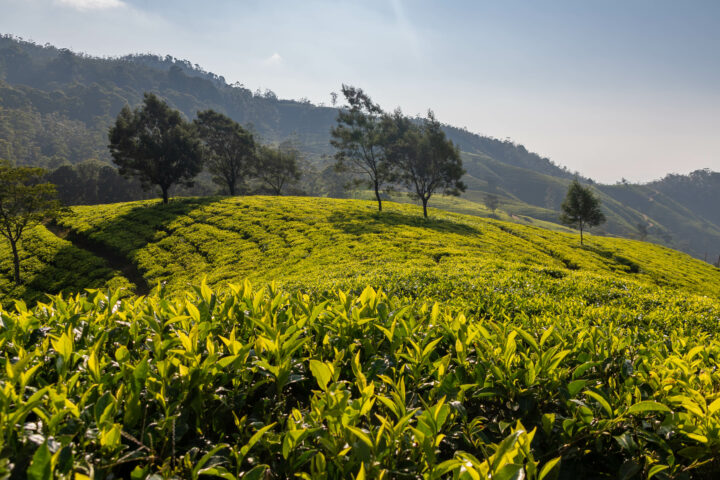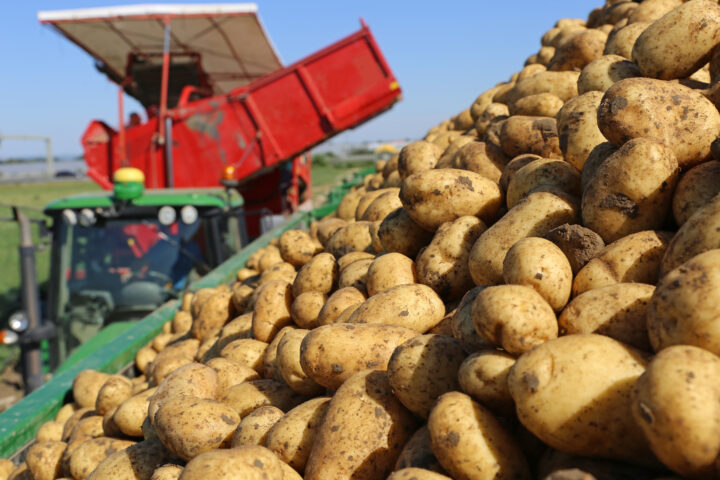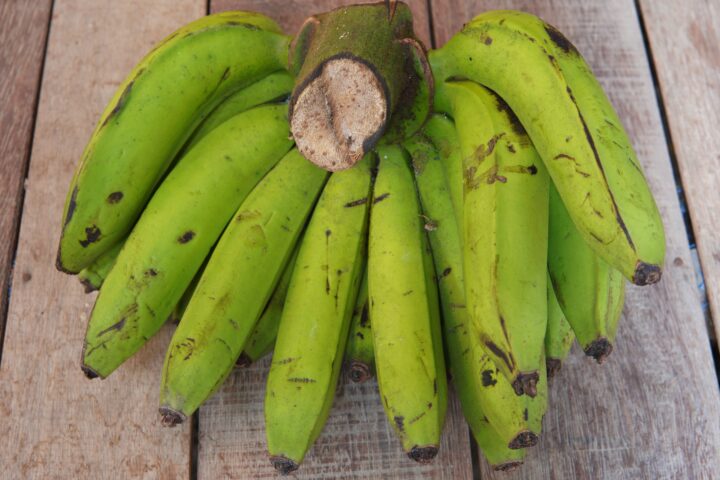
Lack of plant protection resulting in declining cultivation of Brussels sprouts
It is becoming increasingly difficult to cultivate Brussels sprouts in Switzerland. The areas in which they are cultivated have been shrinking for several years. The reason for this is the steadily declining number of approved plant protection products.
Tuesday, November 8, 2022
Cabbage fly and whitefly are causing problems for Swiss vegetable farmers. The pests have become increasingly widespread in recent years. And this is no coincidence: “Many of the active ingredients that are effective against cabbage fly and whitefly have been withdrawn – as a result, the areas in which Brussels sprouts are cultivated have been shrinking since 2018, a decline that continues today,” explains Markus Waber, Deputy Director of the Swiss Vegetable Growers Association, on the “Linth24” online portal. In 2016, the approval for the plant protection product methomyl was withdrawn, meaning that it can no longer be used. There are few effective alternatives. This is also reflected in the development of areas for cultivating Brussels sprouts. In 2018, close to 100 hectares were planted with Brussels sprouts; by 2021, that area had shrunk by a quarter to 76 hectares.
Cabbage pests make harvests unusable
Brussels sprouts are affected by both cabbage fly and whitefly, leading to a significant loss of quality of the harvest. Whitefly larvae drink the sap of the plants and excrete undigested sugars onto the vegetables. This becomes “honeydew”, a sticky coating that covers the Brussels sprouts. This encourages the growth of sooty mold, which turns the vegetables black. The crop is contaminated. In addition, cabbage flies cause damage when feeding on sprouts. The damage renders the sprouts unsellable. And in addition to the ever-shrinking range of active ingredients, climate change is also contributing to the Brussels sprout crisis. Warmer weather also encourages the spread of insect pests. According to Markus Waber, insect pests caused between 30 and 45% of the Brussels sprout harvest to be lost in the Bernese Seeland between 2018 and 2019.
Onions also affected
It is not just Brussels sprouts that are suffering as a result of the withdrawal of plant protection products. We are also expecting the approval for several plant protection products for onions to be withdrawn. Swiss vegetable producers therefore fear a significant drop in crop yields. “Due to the loss of key plant protection products for onion cultivation, the protection of the cultivated plant cannot be guaranteed,” Markus Waber tells “Linth24”. However, the possibility exists to obtain exemptions for certain plant protection products in order to protect crops. According to the Federal Office for Agriculture (BLW), an emergency approval of this type was granted for 2022 to allow downy mildew to be effectively controlled in onions.
Emergency approvals are not the solution
However, emergency approvals only offer emergency solutions: The efficient approval of new plant protection products would be a better and more honest approach to ensure that farmers have adequate certainty for planning. However, there is a huge shortfall, and the list of specific examples for which plant protection is lacking is growing ever longer. Here are a few examples: An active substance against codling moths has been waiting a long time for approval. The products available to protect against codling moths have been heavily reduced in recent years and we cannot rule out the possibility of resistance in the future. An insecticide against wireworms is also awaiting approval. There are currently no longer any approved products to combat this threat.
These pests cause the greatest visible damage in potatoes. Nobody wants to buy potato chips with visible wireworm holes. Downy mildew is a major problem in the cultivation of onions. Fungal infections reduce shelf life, and reduced shelf life leads to food waste. However, one fungicide that could eliminate downy mildew in onions has been blocked for a long time. This innovative product would be generally regarded as safe for the environment, exactly the same as a bacteria based biological control preparation that acts as an antagonist to powdery mildew, which is much-feared in viticulture. Switzerland is the only country in Europe that has not yet granted approval for this product.
Related articles

Where the focus lies in apple breeding
The new head of Agroscope's fruit breeding research group is Andrea Patocchi. In an interview with the trade journal Obst + Wein, he explains where the focus of apple breeding lies today.

Chinese robot picks tea
There is a shortage of tea pickers in China. A robot developed by a researcher is set to remedy the situation and take over the work in future. Thanks to artificial intelligence, the machine can even recognise the shoots of the tea plant. The first harvesting robots are also already being developed in Switzerland.

Potato farmers want robust varieties
As the use of pesticides is to be massively reduced, the potato industry now wants to focus on more robust varieties. The industry has even concluded a target agreement with the federal government. This is ambitious: By 2040, robust varieties are to thrive on 80% of potato cultivation areas.

How genetic engineering is saving the Cavendish banana
The most popular banana variety - the so-called Cavendish banana - could soon disappear due to a persistent fungus. Australian researchers have developed a solution based on genetic engineering.

